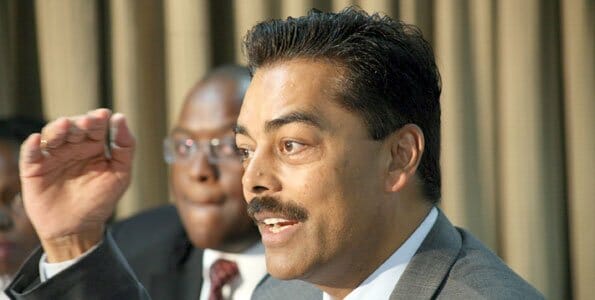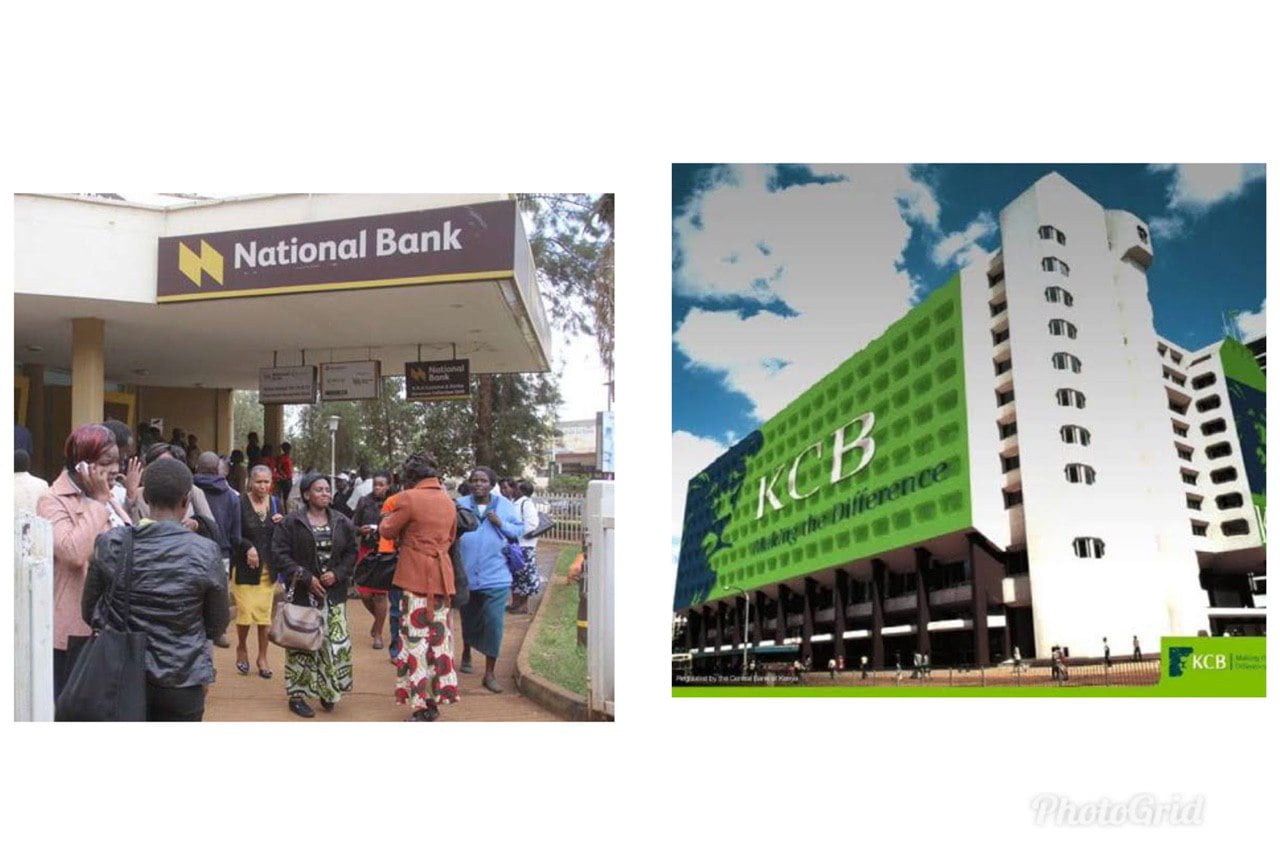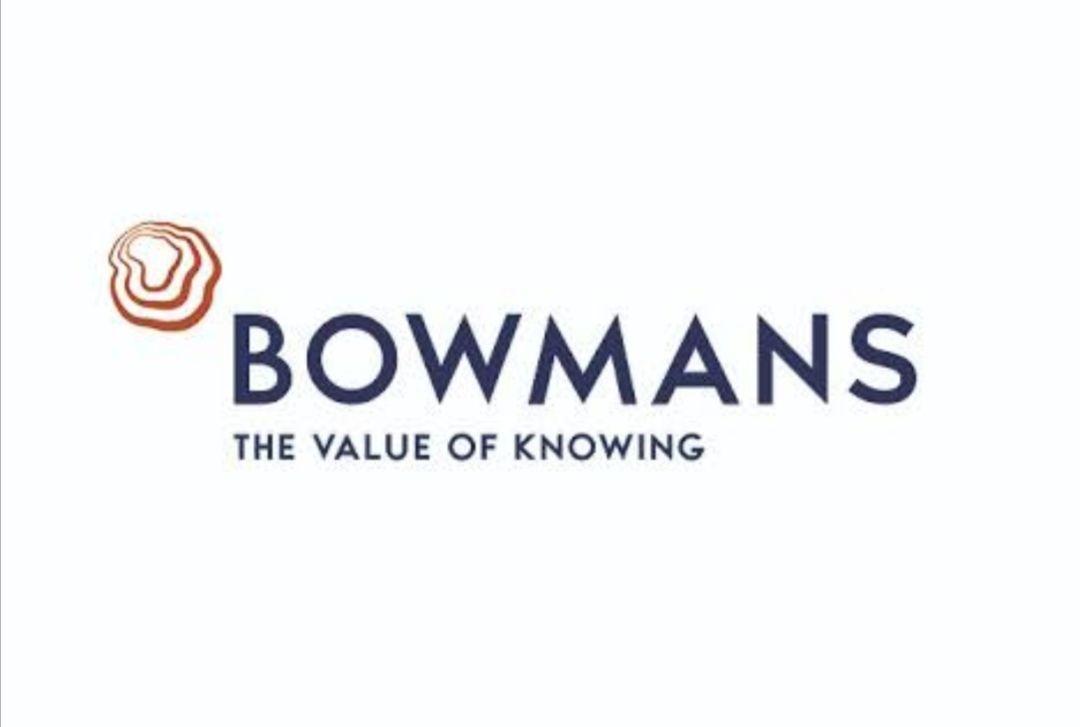The World Bank wants a cancellation of incomplete infrastructure projects worth Sh1.1 trillion initiated during the Kibaki’s tenure as the head of state. Premature termination of the projects may expose Kenya to legal suits.
The government has 3,972 ongoing projects, most of which are stalled, delayed or incomplete.
Kenya set aside Sh516 billion for all development projectsm but the amount cannot fund the 522 dormant plans that are increasingly piling up pending bills.
“Dormant projects with very low completion rates and high outstanding costs may be considered for rationalisation provided that a requisite assessment of contract, legal and financial implications is undertaken,” WB saID.
They argue that 40% of the projects became irrellevant when the country changed its laws in 2010 and adopted devolution. County governments failed to allocate funds for 195 irrigation projects initiated in the second term of the former president, Mwai Kibaki.
Data from the Kenya Public Expenditure Review published by the World Bank show that 53 projects are dormant because of varying factors including litigation, wayleave challenges, acquisition of land and hitches in donor funding.
The Treasury’s move to cut expenditure have also resulted in the stalled projects.
The Northern Corridor which is the country’s strategic transit route with a mix of rail, road, pipeline, ports and inland waterways constitutes 72% of the value of dormant projects of which 22 are short of Sh798 billion to finish.
Kenya wants to secure the Northern Corridor ahead of Tanzania’s Central Corridor and therefore formed a Coalition of the Willing with Uganda and Rwanda to implement projects that require intensive capital.
The call comes at the time when counties are staring at cash crisis after the Senate failed to strike a deal on the formula for sharing Sh316.5 billion.
The impasse means counties have a serious cash crunch that may push crucial projects to a complete halt.
This is a headache to President Uhuru Kenyatta too because formula is needed to guide the enactment of the yet to be approved County Allocation of Revenue (CAR) Bill, 2020.
If passed it will provide the formula for sharing of revenue raised nationally between the two levels of government.

















































